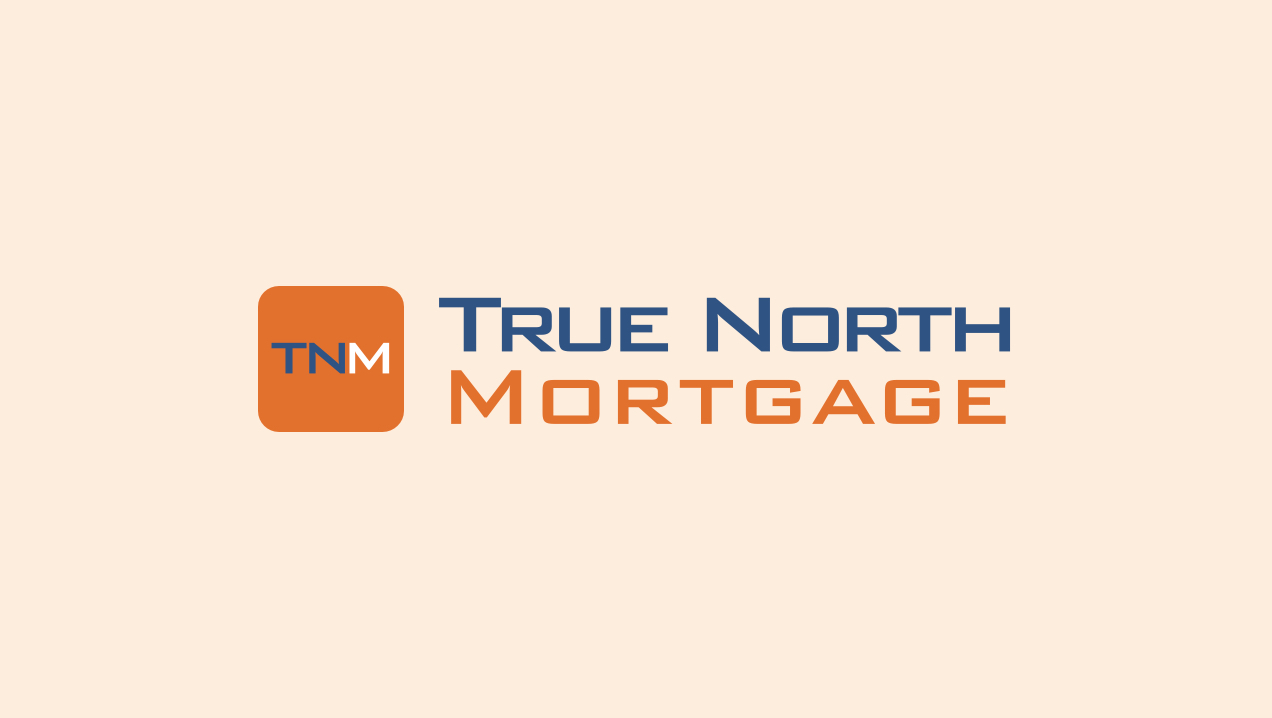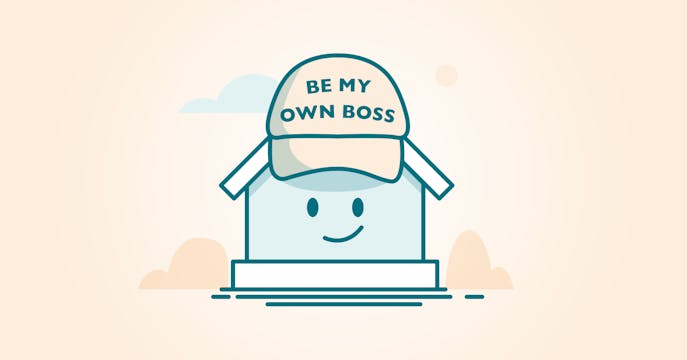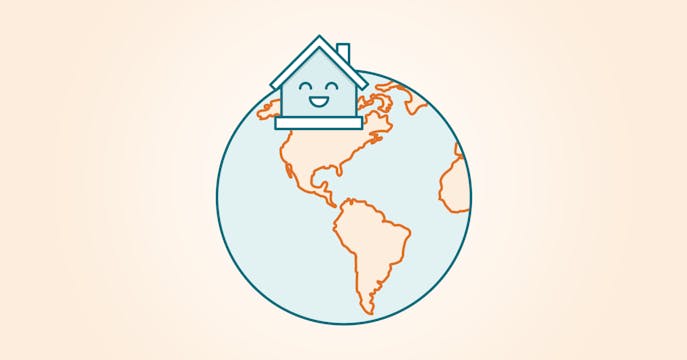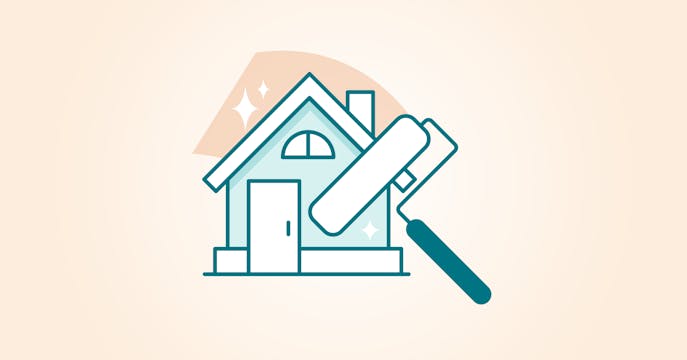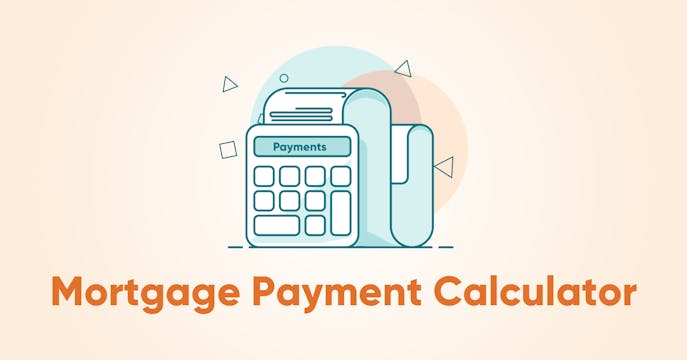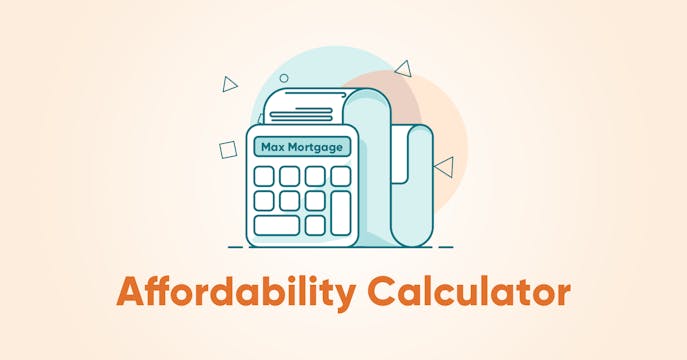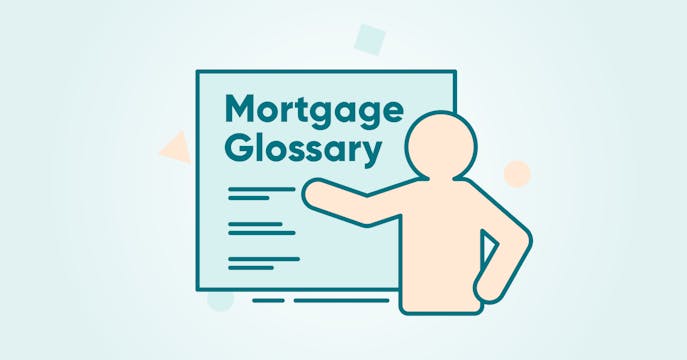New to Canada, eh? We make your mortgage process easy.
Dream of owning a home in Canada? Our friendly, highly-trained brokers can help you from beginning to walking through your front door.
Where are you coming from? We speak the international language of mortgages — with brokers who speak many languages to better help you understand your mortgage process.
We also have your best interests at heart, because we're real people who have come from all over the world to make Canada our home too. Whether you're from India, China, the Phillipines — wherever you used to hang your hat — welcome to our great nation!
Can you get a mortgage as a newcomer to Canada?
You'll have qualification and eligibility requirements to meet as a newcomer. You can buy a primary residence in Canada if you:
- Have permission to work in Canada and a valid work permit (other details may apply)
- Are a permanent resident
- Are a refugee or temporary worker (other details may apply)
Save with your best rate and mortgage product.
No matter which bank you're with when you move to Canada, you may be able to find a mortgage at a different lender that saves you more money.
We deal with the banks and lenders for you, and we do huge volume to pass along a volume discount. You'll get great, unbiased advice to save more on your first mortgage in Canada.
As a newcomer, how much down payment do you need?
If you have permanent residence (subject to federal eligibility), you can purchase a home with as little as 5% down payment (home price restrictions apply).
For those with non-permanent residence status, you may need to provide a minimum of 10% down payment.
With less than 20% down payment, you'll need mortgage default insurance which may help you qualify for a better rate — see further details below.
Insured mortgage programs are available if you're new to Canada.
All three mortgage default insurance companies (CMHC, Sagen and Canada Guaranty) provide their own New to Canada Program to help those eligible get a mortgage.
Features of the Newcomer Mortgage Programs
- Newcomers with permanent resident status have access to all CMHC, Sagen and Canada Guaranty mortgage insurance products (subject to product-specific eligibility requirements).
- For permanent residents, where there is limited Canadian credit history and where foreign credit bureaus are not available, alternative sources of payment history may be considered for Loan-to-Value (LTV) ratios up to 95%.
- Newcomers with non-permanent resident status are subject to federal eligibility requirements and may have access to insured financing of up to 90% LTV ratio for the purchase of a 1-unit, owner-occupied residential property.
- No additional fees or premiums as a result of residency status — standard product-specific premiums apply.
Benefits of these programs
- Access to Homeownership. These programs help simplify and streamline your mortgage qualification to own a home.
- Better Interest Rates. Having access to insured financing offers you the ability to get competitive mortgage rates from many banks in Canada.
- Availability. Coast-to-coast-to-coast, with no set maximum loan amount.
How does your mortgage process work as a newcomer to Canada?
Your expert True North Mortgage broker knows everything you need to do and can answer all your questions about getting a mortgage. Here are some of the main steps:
1. Determine your eligibility. Mortgage lenders will want to know your employment history, credit score, and other financial information. Your broker can help you determine your eligibility and advise you on any necessary steps to take before applying for a mortgage.
2. Get pre-approved. Before you start house hunting, it's a good idea to get pre-approved for a mortgage — with your best rate, flexible mortgage product and the right lender for your situation.
You'll know whether you'll need to have an insured mortgage (explained above), plus your pre-approval will give you a better idea of what you can afford and make your home-buying process smoother.
3. Choose your mortgage. There are different types of rates and mortgages available, and our brokers can help you choose the one that's right for you. We'll explain the difference between fixed and variable rates, as well as the pros and cons of each.
4. Apply for your mortgage. Once you've made an offer on a home (ideally with financial conditions attached), it's time to apply for full mortgage approval with your broker. They'll help you gather all the necessary documentation and submit your application to the lender on your behalf.
5. Close the deal on your home. Once your mortgage is approved, you can waive the financing condition and close the deal on your home.
You'll need to provide your down payment when the lawyer is ready to transfer the mortgage funds on your closing (possession date). Your broker will help you through the process and make sure everything is in order.
Want someone who understands where you're coming from?
- Click on the card below
- In the drop-down menu, select your friendly True North expert based on your preferred language
- Give them a call, send them an email, or call our main line for help!

